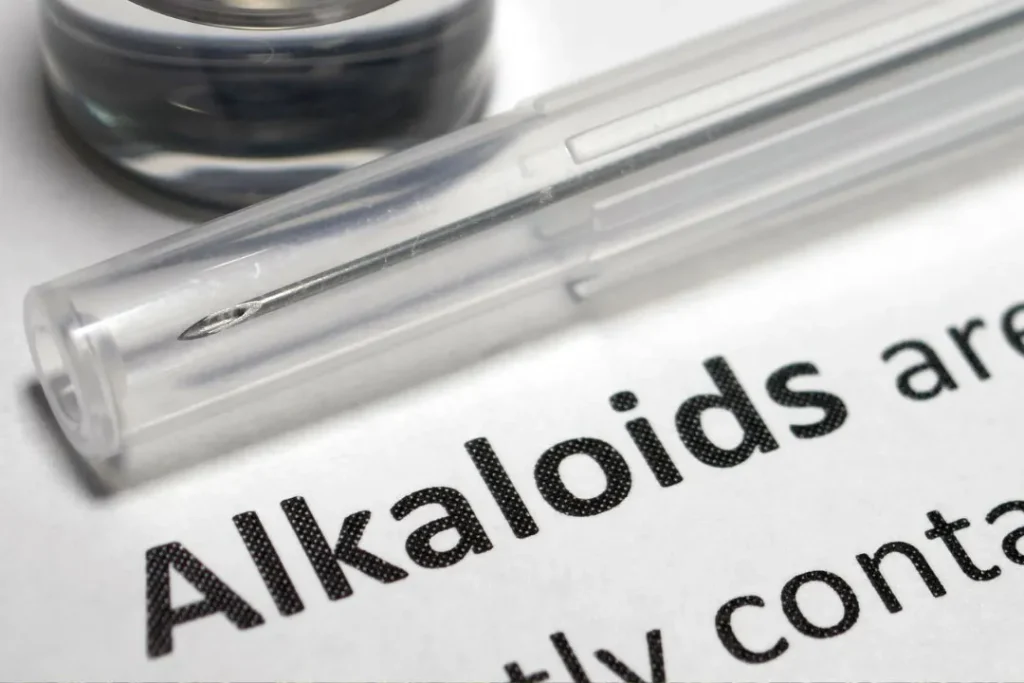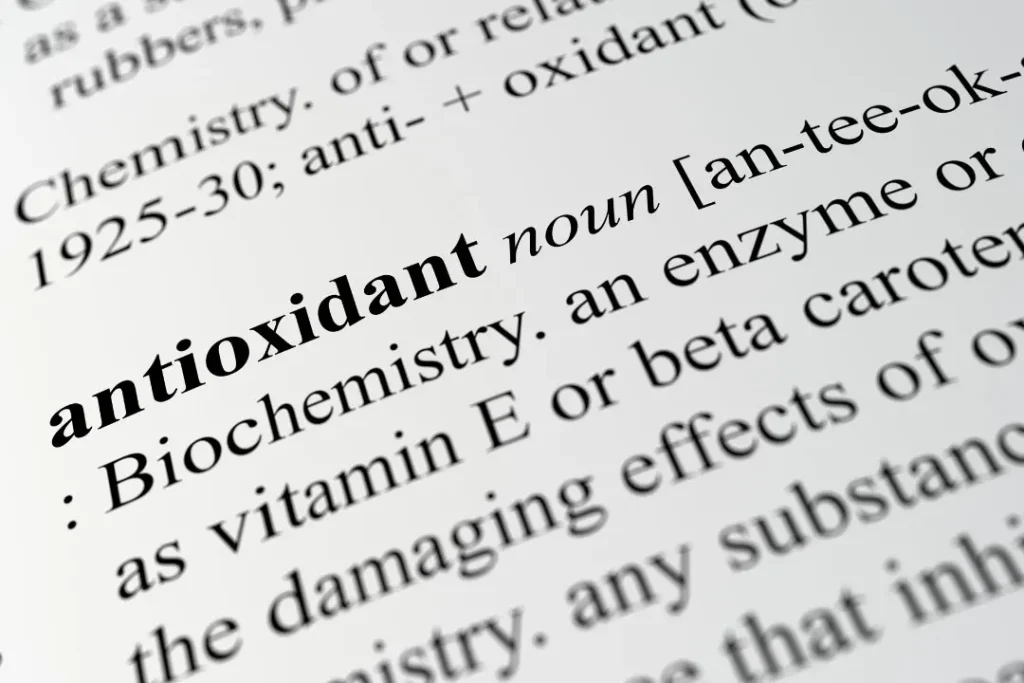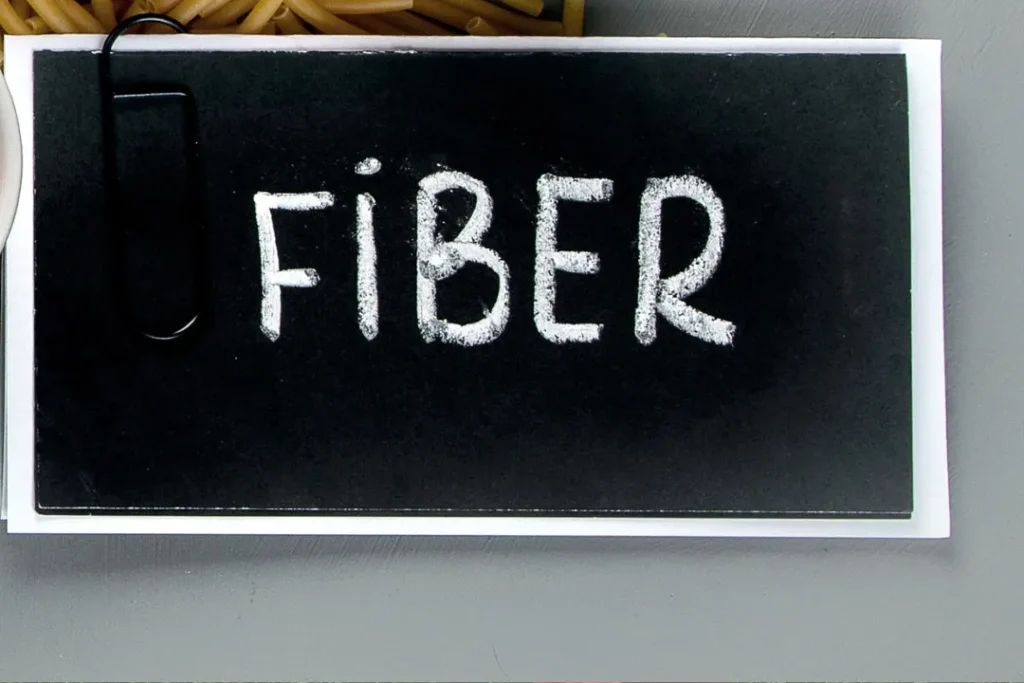The corn poppy, technically known as Papaver rhoeas, is a flowering plant recognized for its characteristic bright red petals that has been utilized for medicinal reasons in many civilizations. This page looks into the nature of corn poppy, its health benefits, ideal dose, adverse effects, potential drug interactions, and other important information for responsible usage of this plant.
You May Also Like:
CBD for Concentration: 3 Epic Benefits that Boost Your Focus
What is Non Restorative Sleep? Here are 5 Great Ways to Get Quality Rest Every Night
Corn Poppy: Benefits, Dosage, Side Effects, Drug Interactions, and Other Important Information is an original (NootropicsPlanet) article.
Nature of Corn Poppy
The corn poppy, a member of the Papaveraceae family, is native to Eurasia and North Africa but has since expanded globally. It is also known as the field poppy, the Flanders poppy, and the red poppy. The plant may reach a height of 70 cm and produces beautiful red blooms in the summer.
Corn poppy’s medicinal significance is mostly found in its petals and seeds, which have long been used in traditional medicine. Corn poppy has a range of alkaloids, flavonoids, phenolic acids, and anthocyanins in its phytochemical makeup. The petals contain alkaloids, mainly rhoeadine and morphine, whereas the seeds contain fatty acids, particularly linoleic acid.

Health Benefits of Corn Poppy
The corn poppy has a wide range of medicinal potentials, which are mostly due to its extensive phytochemical composition. It has long been utilized for its analgesic and sedative effects. Alkaloids found in the petals, such as rhoeadine, are assumed to be responsible for these effects, however the specific process is unknown.
Corn poppy flavonoids and anthocyanins also have prominent antioxidant effects, scavenging damaging free radicals and perhaps lowering oxidative stress in the body. This plant also contains phenolic chemicals, which may have anti-inflammatory qualities, perhaps modifying the body’s inflammatory response and assisting in disorders like arthritis.

Chemistry of Corn Poppy
Corn poppy’s distinct phytochemical profile, notably its high concentration of alkaloids, flavonoids, phenolic acids, and anthocyanins, adds to its health advantages. The petals are well-known for their alkaloid content, the most prominent of which is rhoeadine. The seeds, on the other hand, are high in fatty acids, particularly linoleic acid, as well as protein and fiber.
The bioactivity of alkaloids, a class of naturally occurring chemical compounds containing predominantly basic nitrogen atoms, is particularly prominent. Rhoeadine, a corn poppy alkaloid, is less strong than opium alkaloids but has comparable effects.

Physiological Mechanisms of Action
The health benefits of corn poppy are due to the activities of its phytochemical ingredients on a variety of physiological processes. Rhoeadine, the principal alkaloid found in corn poppy, has analgesic (pain-relieving) and sedative properties, however the specific processes are unknown. It is suggested that rhoeadine and other alkaloids in the plant may interact with opioid receptors in the nervous system, creating an effect comparable to, but less strong than, morphine.
The antioxidant activity of corn poppy is due to its flavonoid and anthocyanin concentration. These molecules can neutralize damaging free radicals, which can cause cell damage and lead to chronic illness. Corn poppy flavonoids and anthocyanins can assist to lower oxidative stress by scavenging reactive species.
Corn poppy contains phenolic chemicals that contrubute to its anti-inflammatory abilities. These substances can block the production of pro-inflammatory cytokines, which are signaling proteins that induce inflammation. Corn poppy may assist in controlling the body’s inflammatory response and can offer relief from inflammatory diseases by lowering the levels of these cytokines.
While corn poppy has therapeutic potential due to its complex phytochemistry and accompanying physiological effects, additional study is needed to completely understand its processes and provide clear guidelines for its usage. Before beginning any new supplement regimen, potential consumers should always check with a healthcare expert.
Optimal Dosage of Corn Poppy
Because of the variability in preparation and delivery in traditional usage, there is no defined dose for corn poppy. However, a frequently reported regimen is an infusion prepared with 1-2 tablespoons of dried petals per cup of water and eaten 1-3 times per day. Because of their high fatty acid content, the seeds can also be included in the diet. Before beginning usage of any herbal product, it is critical to consult with a healthcare expert.
Side Effects of Corn Poppy
When used correctly, corn poppy is usually regarded as safe. However, because to the opioid-like qualities of some alkaloids, excessive ingestion may result in possible adverse effects such as constipation, nausea, and sleepiness. Long-term usage is not advised owing to the danger of dependence and withdrawal symptoms.

Potential Substance Interactions
Corn poppy’s sedative and analgesic actions imply that it may combine with other sedative drugs, causing greater sleepiness and CNS depression. As a result, care should be used while using corn poppy alongside other sedative drugs. Before beginning any new supplement regimen, always speak with a healthcare expert.
Best Responsible Use
With its own chemical composition and possible health advantages, corn poppy highlights the necessity of bridging the gap between traditional knowledge and modern study. While more research is needed to establish its health benefits completely and comprehend the processes underlying its therapeutic effects, the corn poppy is a promising therapeutic agent in the area of botanical medicine. To ensure safe and effective usage, however, attention should be given with its dose and potential interactions with other drugs.
Corn Poppy:
Conclusion
The corn poppy is a beautiful flower with centuries worth of traditional, holistic uses that have benefited people through a variety of inflammatory ailments and sleep troubles. As research continues to grow, more information regarding the health benefits of corn poppy will be unveiled. In general, corn poppy is considered safe: though it does not have dosage specifications, consult with your doctor to find what dose works with you and your health needs.
Corn poppy is not a replacement for your prescribed medications; rather, this plan poses as a supplementary tool to boost your body’s ability to remain healthy and functional. No matter if you’re interested in corn poppy for anti-inflammatory or sleep aid purposes, you’ll find incorporating this supplement into your nighttime regimen to be helpful when used sparingly.
References:
- “Medicinal plants and secondary metabolites: an overview.” Retrieved from:https://www.tandfonline.com/doi/full/10.3109/13880209.2013.834365
- “Phytochemicals: Extraction, Isolation, and Identification of Bioactive Compounds from Plant Extracts.” Retrieved from:https://www.ncbi.nlm.nih.gov/pmc/articles/PMC5618098/
- “Analgesic and anti-inflammatory activity of Papaver rhoeas L.” Retrieved from:https://onlinelibrary.wiley.com/doi/full/10.1002/ptr.1917
Important Note: The information contained in this article is for general informational purposes only, and should not be construed as health or medical advice, nor is it intended to diagnose, prevent, treat, or cure any disease or health condition. Before embarking on any diet, fitness regimen, or program of nutritional supplementation, it is advisable to consult your healthcare professional in order to determine its safety and probable efficacy in terms of your individual state of health.
Regarding Nutritional Supplements Or Other Non-Prescription Health Products: If any nutritional supplements or other non-prescription health products are mentioned in the foregoing article, any claims or statements made about them have not been evaluated by the U.S. Food and Drug Administration, and such nutritional supplements or other health products are not intended to diagnose, treat, cure, or prevent any disease.


